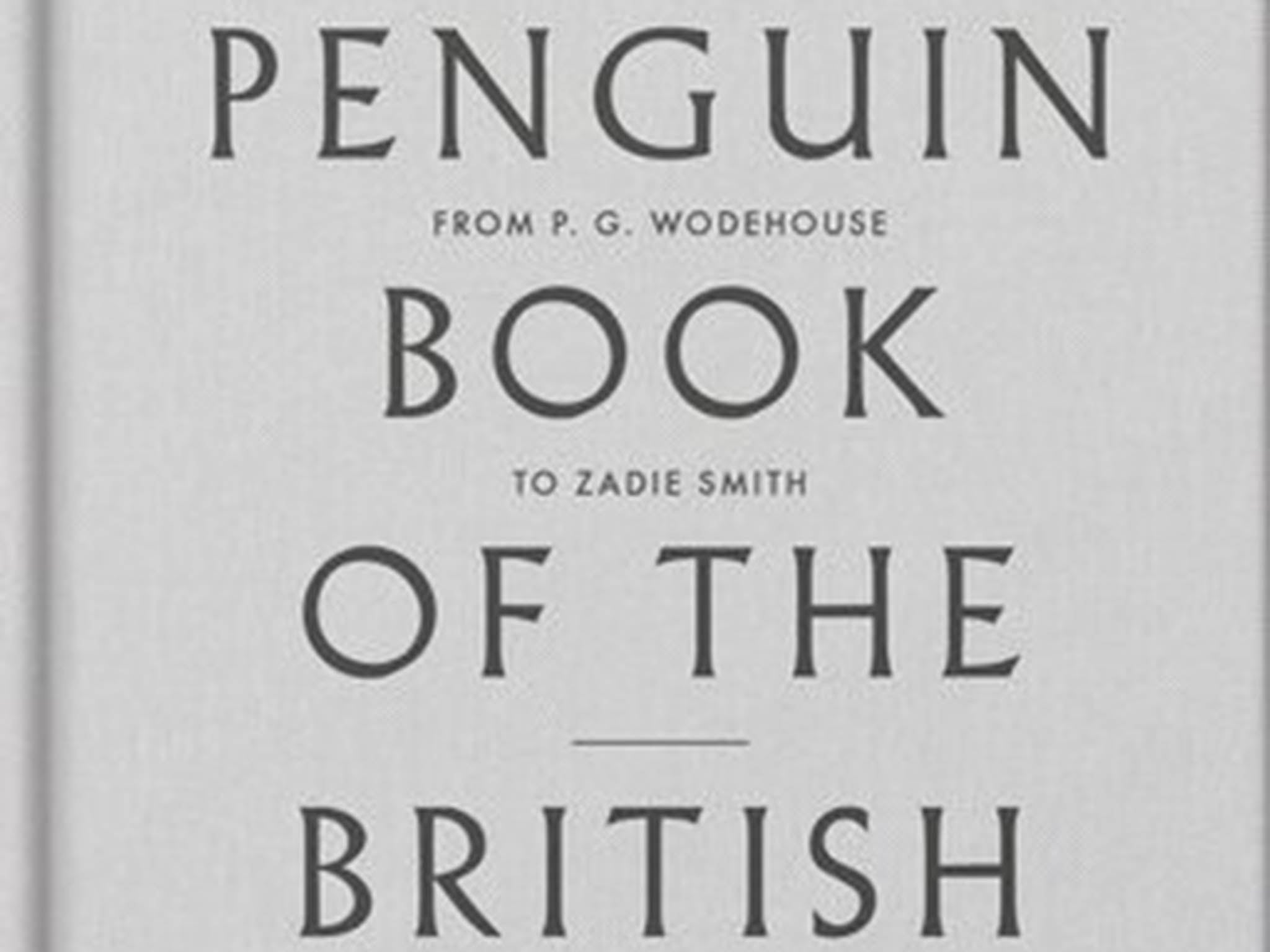The Penguin Book of the British Short Story: Short fiction authors stand tall in a surprising collection - book review
Short stories are intense, piquant things to be savoured, each one a different texture and flavour

Your support helps us to tell the story
From reproductive rights to climate change to Big Tech, The Independent is on the ground when the story is developing. Whether it's investigating the financials of Elon Musk's pro-Trump PAC or producing our latest documentary, 'The A Word', which shines a light on the American women fighting for reproductive rights, we know how important it is to parse out the facts from the messaging.
At such a critical moment in US history, we need reporters on the ground. Your donation allows us to keep sending journalists to speak to both sides of the story.
The Independent is trusted by Americans across the entire political spectrum. And unlike many other quality news outlets, we choose not to lock Americans out of our reporting and analysis with paywalls. We believe quality journalism should be available to everyone, paid for by those who can afford it.
Your support makes all the difference.Opening this two-volume collection – all 1,489, handsomely bound pages of it – is like receiving a luxurious selection box for Christmas: it is full of delicious treasures; there’s bound to be the odd one that you spit out; and you mustn’t consume it all at once. Short stories are intense, piquant things to be savoured, each one a different texture and flavour. It is more rewarding to save some for rainy afternoons to come, but literature lovers will find it hard not to get over-excited – especially when the next story is by Angela Carter, and then Doris Lessing, Penelope Fitzgerald, Alasdair Gray ….
Compiling a collection of the best British short stories sounds as much fun as reading it. So says Hensher – a well-read and fully opinionated author and critic who sometimes reviews for this newspaper.
He claims to have read nearly 20,000 stories in order to select the 90 here, and he calls the task “the most rewarding and surprising of my professional life”. He doesn’t say whether he intends to surprise readers, but the collection does so, with stories as varied as Martin Amis’s “Career Move” (1992), which is laugh-out-loud funny, and “The Howdie” (1832) by the Ayrshire writer John Galt, which is rich with language such as “mimness and prejinkity”.
Each collection begins with the same, 35-page introduction, which serves as a contextualising essay and an unapologetic defence of the editor’s choices.
First, he must define the terms “British”, “short”, and “story”. “British” is elastic, and includes the Irish-born writer Elizabeth Bowen, but not the New Zealand-born Katherine Mansfield. Short, in this collection, ranges from three pages to more than 30. Hensher cites “topicality” as “the most powerful feature of the short story as a form”, which is interesting when you read, for example, Henry Fielding’s “The Female Husband” (1746), or Hannah More’s early payday loans morality tale, “Betty Brown, the St Giles’s Orange Girl” (1795-ish) – both of which could have been written about news stories from 2015.

Many of the early stories feature poverty, and characters who are in service … as does the most recent. Zadie Smith’s 31-page “The Embassy of Cambodia” (2013) breaks all the rules, having been published first as a standalone book (described in Hensher’s review at the time as “a fiction”), and having completely ignored Poe’s instruction that “unity of effect or impression is a point of the greatest importance”. It is quite rightly included, because it is a brilliant, teeming example of what the modern short story can achieve. Hensher’s essential criterion for inclusion seems to be “because I say so”, and as he has read 20,000 stories that is as it should be.
The introduction is also a rallying cry for the short story form, and a ticking off for newspaper and magazine commissioning editors who no longer publish them as they once did. In 1914, when a family doctor earned £400 a year, W W Jacobs (of “The Monkey’s Paw” fame) was paid £350 for a story. Now, publishers struggle to sell them. There’s a reprimand, too, for short story prizes: “a method ingeniously devised to suppress everything that had previously been good about a literary form.”
I disagree: the short story prize is a rare arena in which writers’ work can be judged anonymously, and often results in intriguing choices. As a short story expert, Hensher is well-placed to offer a fascinating history of the form. But given his view that context is important, I would have preferred to read his potted author biographies and publication details of the stories alongside each story, rather than tucked away confusingly together at the end of the books.
A collection with a single editor is inevitably somewhat subjective and will cause consternation as readers spot the exclusion of their favourites. Had I been compiling my Book of the British Short Story, I could not have left out A L Kennedy, a unique user of language and surely one of the best short story writers of her generation. I might have chosen a different A S Byatt – probably the unforgettable “Medusa’s Ankles” (2011) instead of “Racine and the Tablecloth” (1987). And I would happily have ditched P G Wodehouse and his predictable “Unpleasantness at Bludleigh Court” (1929), which, like most of his stories, is like listening to one of those awful Radio 4 sitcoms in which you see the jokes coming a mile away but still have to sit around waiting for them to be over with. (I understand that this may be an unpopular view.)
This, however, is not my collection, and it is a delight to be introduced to some unjustly neglected authors, and reminded of some that I already admire. In fiction, as in selection boxes, one man’s Crunchie is another woman’s Double Decker, but it’s worth delving in for the joy of finding an unexpected Turkish Delight.
The Penguin Book of the British Short Story (vols: 1 & 2), Edited by Philip Hensher; Penguin Classics £25 each
Join our commenting forum
Join thought-provoking conversations, follow other Independent readers and see their replies
Comments